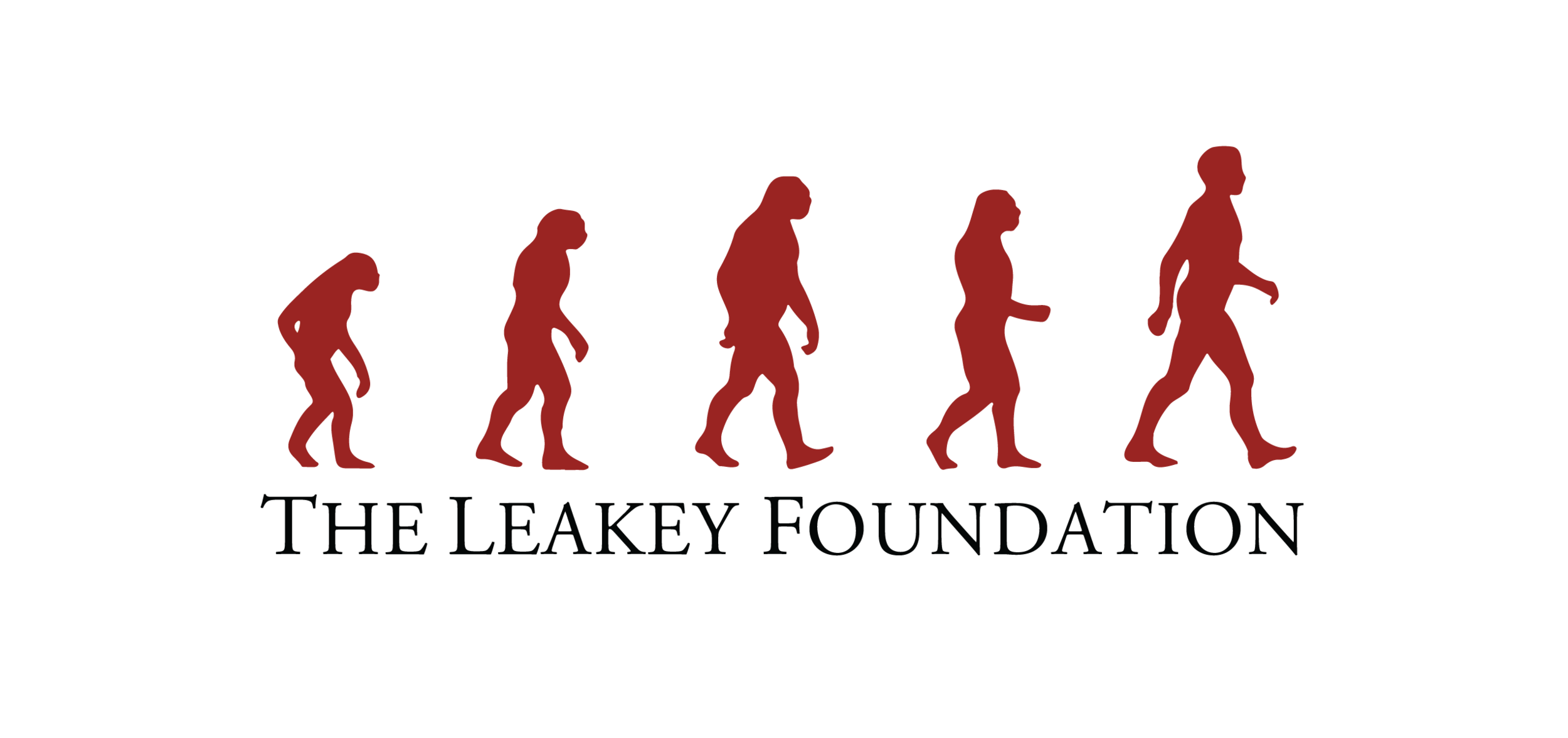Field Sites:
OAHeLP - Orang Asli Health and Lifeways Project
OAHeLP is a longitudinal, systematic, and comparative study of biology, health, behavior, and culture among the Orang Asli, the indigenous peoples of Peninsular Malaysia. We are a consortium of researchers in the biological and social sciences with current research foci on the rise of chronic non-infectious diseases over time due to rapidly changing environments.
For more information please visit www.orangaslihealth.org
Guassa Gelada Research Project
Please visit http://anthro.fullerton.edu/gelada/
Research:
In my lab, we’re interested in evolutionary puzzles that span the social and biological sciences. Here’s a few major themes:
Human locomotor ecology and biomechanics
Prehistoric humans did not walk or run on paved streets, nor did they sit in backed chairs. Instead, they were highly physically active, navigating grasslands and forests fraught with uneven terrain, obstacles, and dangerous animals. They also climbed trees frequently to avoid predators and search for food. If this was the ecological context for the vast majority of our evolutionary history, why do most studies of human locomotion involve industrialized people walking on treadmills? Instead, we conduct experiments in ethnographic settings to explore how locomotion varies with ecological context. Our goal is to produce a more holistic understanding of naturalistic locomotion and its evolutionary and health implications. Lately, I’ve become interested in how trails - by lowering the energetic and cognitive costs of movement - may have shaped human evolution.
Human energetic evolution
How did energy acquisition and expenditure shape human evolution? My lab conducts comparative energetic research to understand key adaptive shifts in human evolution. How did our ancestors evolve a hunting-and-gathering foraging strategy from a chimpanzee-like one? And how did energy budgets shift with farming? We strive to answer these questions by combining foraging theory with a range of empirical tools. Other related topics we have studied include the role of women’s hunting in human evolution and the question of whether modern hunter-gatherers live in marginal habitats. My current research project is testing the hypothesis that humans occupy a ‘generalist-specialist’ niche by using a large database of fine-grained dietary composition across dozens of societies and primate species.
The origins of democracy
When did democracy come about? The standard answer is Athens, Greece. However, many scholars are now exploring earlier forms of democracy, including among ancient societies that pre-date Athens. Our work explores the origins of democracy through the study of collective behavior in hunter-gatherers. Current work is exploring consensus as a form of collective intelligence. This work examines human collective decision-making by situating it at the nexus of animal behavior, philosophy, and political science. Though it may seem a far cry from energetics, politics and democracy are manifestations of collective behavior made possible by shifts in hominin feeding ecology long ago.
Primate grassland ecology
My work has focused on the evolution of feeding strategies in the genus Theropithecus, an abundant and cosmopolitan fossil primate during the Plio-Pleistocene. This genus is defined by a set of traits associated with a grass-based diet including expanded molars, tall-crowned teeth, a pincer-like finger, and a shuffling locomotor behavior. These traits appear to characterize all the known species of Theropithecus to varying degrees. My work focuses on the gelada as an extant model for understanding the adaptive basis for the evolution of traits in Theropithecus. We combine behavioral, physiological, and dental, and isotopic evidence to make inferences about fossil Theropithecus. We conduct research on geladas at a high-altitude research site in northern Ethiopia called Guassa. Collaborators: Peter Fashing, Nga Nguyen, Jeff Kerby, Antoine Souron.
Conservation biology
As a biologist studying human-environment interactions over ecological and evolutionary timescales, the scale of climate change and species loss is a particularly concerning and urgent matter. Our work in conservation has focused on Ethiopian fauna and flora. Our lab has published widely on species ranging from geladas to Ethiopian wolves and African wolves, to Bale monkeys and hamadryas baboons. As part of this line of research, we hold a commitment to training Ethiopian scientists and facilitating Ethiopian-led research.
History and philosophy of anthropology
Our professional activities as anthropologists are influenced in no small part by the history of our discipline. Where do our theories and concepts come from? My interests include the history of race science (see my piece published in Sapiens), as well as the history of ethnographic methods such as participant observation (see my piece here). I am particularly interested in the history of hunter-gatherer studies and public perceptions of hunter-gatherers. I am currently writing a history of the concept of Man the Hunter.













